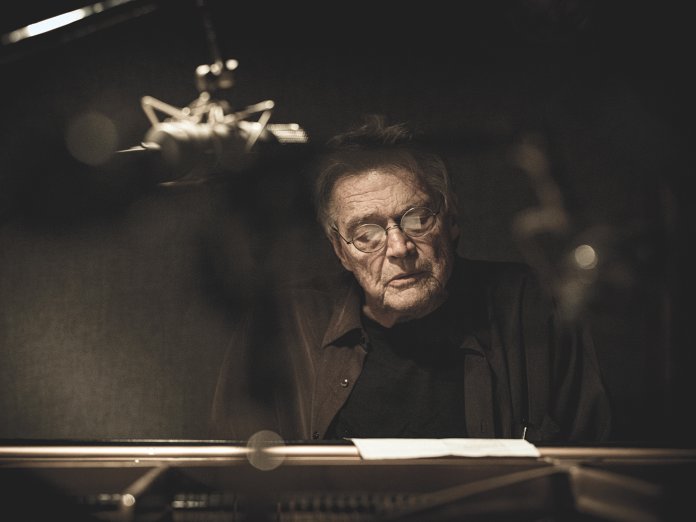When Smokin’ The Dummy was first released in 1980, it was somewhat lost in the shadow of its predecessor. Allen’s 1979 double-set Lubbock (On Everything) was a sprawling, eccentric and (largely) affectionate portrait of Allen’s Texas hometown, which combined the melancholy intelligence of Randy Newman, the wry poesy of Guy Clark, and the Rabelaisian bawdery of Kinky Friedman. Its influence can be heard at all points on the Americana spectrum from Robert Earl Keen to Drive-By Truckers.
Though Lubbock was a tough act to follow, all its virtues were nevertheless reanimated for Smokin’ The Dummy, a tremendous collection of rowdy honky-tonk stompers in which Allen takes a sort of defiant relish in the barrel-bottom lives he narrates. “Helena Montana” and “Texas Tears” both have something of the belligerent snarl of the 1970s outlaw country records of David Allan Coe or Johnny Paycheck. Lest there be any doubt regarding where Allen is coming from, the cajun-flavoured “Feelin Easy” lays it out: “I got the tattoos/A pierced ear/A bottle of that rotgut booze/Yeah, I ain’t Pat Boone”.
The proper humourless country purist with an especially pronounced authenticity fetish might have retorted that this was all a bit much coming from someone who was – as Allen is – an art school graduate and professor with an acclaimed parallel career as a painter and sculptor. However, it’s precisely because Allen delivers the material on Smokin’ The Dummy so straight, without so much as an arched eyebrow, that he is able to pull it off so convincingly, up to and including going full buckboard preacher on the rousing gothic gospel finale, “The Lubbock Tornado (I Don’t Know)”.
Bloodlines, originally released in 1983, is mostly more of the similar – no bad thing – but arguably locates greater depths as Allen plunges even further into morbid roleplay and mordant fable. So the Celtic-tinged “Ourland” is such a vicious fantasy of nationalist violence in the name of the old country that it implicitly ridicules its narrator as a delusional poseur. The Jerry Jeff Walker-ish country shuffle “Gimme A Ride To Heaven Boy”, a tale of being carjacked by Christ on some desert highway, can be heard as both a funny story well told, and a contemplation of the perilous slenderness of the sliver that divides faith and credulity.
The album also contains “There Oughta Be A Law Against Sunny Southern California”, one of Allen’s signature songs – a typically frantic boogie underpinning an armed robber’s journey back to his hometown, in search of redemption, revenge or both.



